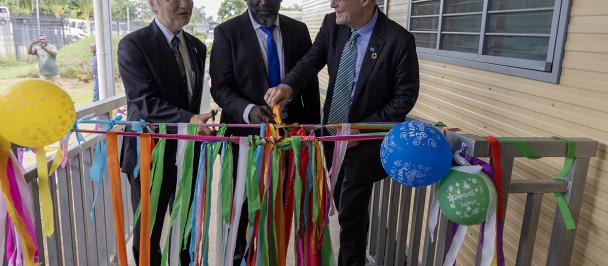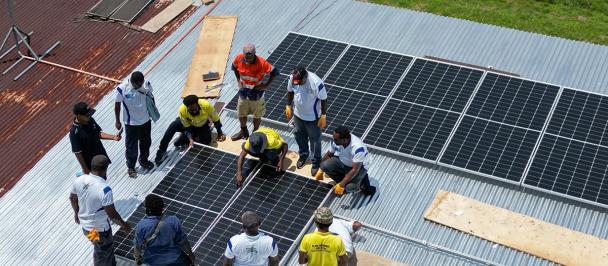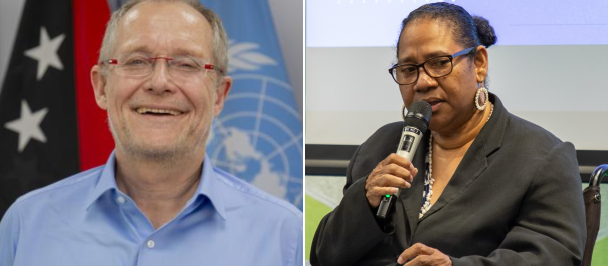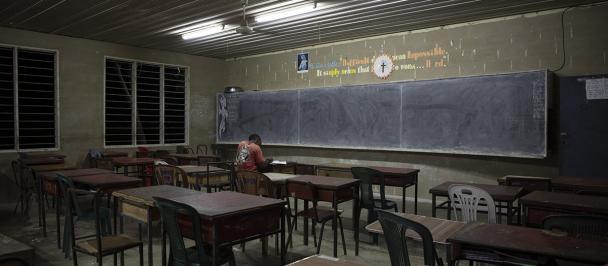Lilly Be’Soer is a powerful voice in Papua New Guinea, speaking up for the rights and protection of women and children facing sorcery accusation-related violence.
Standing firm against Sorcery accusation-related Violence
July 31, 2022

File photo: Ms Lilly Be'Soer attended the first gender-based violence inquiry held at Apec Haus in 2021.
She leads Voice for Change, a civil society organisation in Jiwaka Province committed to empowering and mobilizing rural women to take leadership in addressing gender-based violence and increasing women’s economic empowerment.
To these women and other human rights defenders, she is a symbol of hope and salvation, advocating for displaced women and children offering her time to prevent and resolve conflicts.
However, her journey has not been easy. She remembers the intimidation she faced as a young woman when she first tried to mediate an extremely difficult case involving five women accused of practising sorcery in her community.
She was held up and her bus keys snatched from her. “They paid a total of PGK 50,000 and 70 pigs and yet the problem was not solved, the issue was not put to rest, when I was approached by women,” she recalled. Guided by her father and uncles, Lilly’s intervention was the community’s fourth attempt of restoring peace and order into the matter.
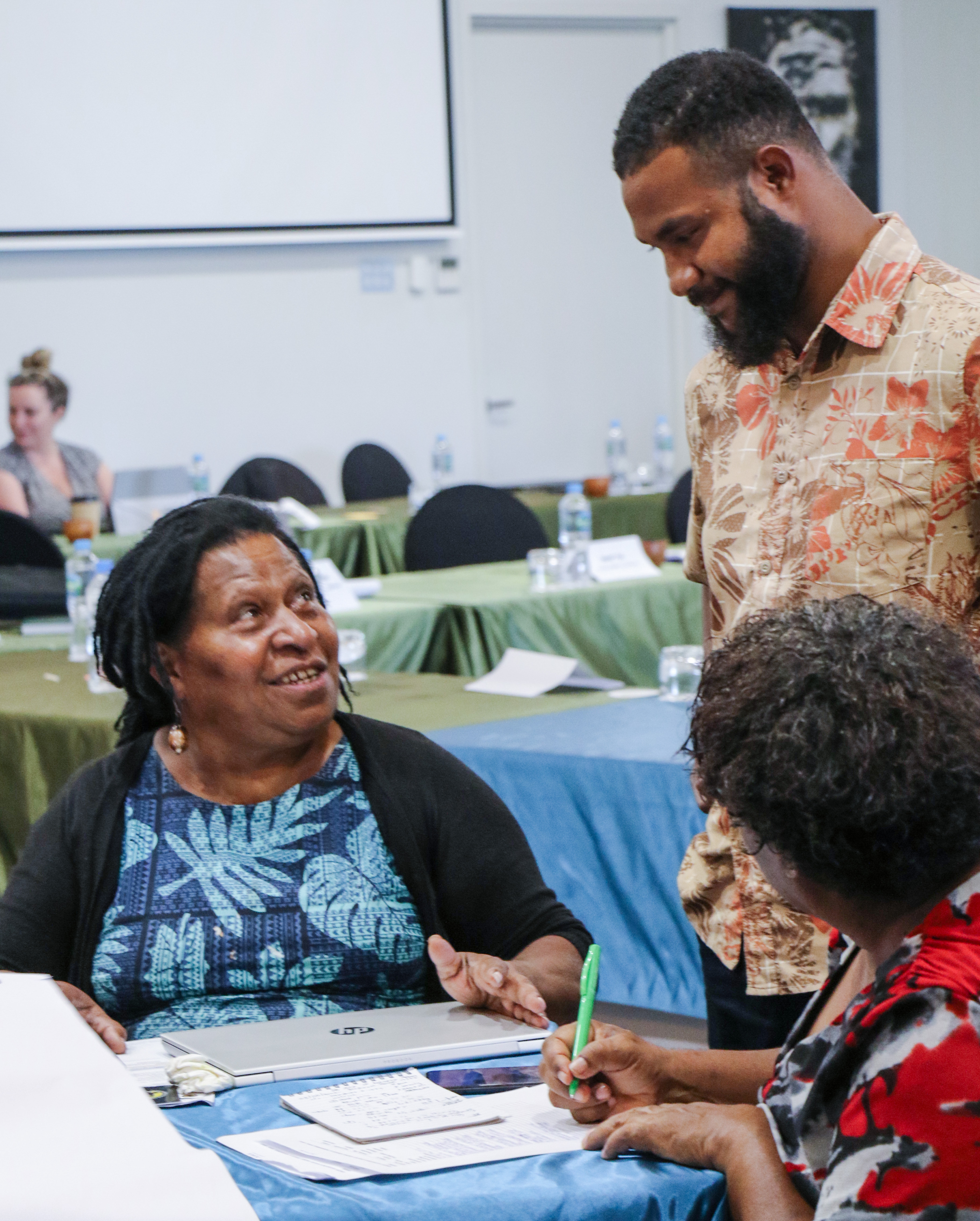
Soon women like Lilly will be able to have access to better protection and through the Human Rights Defenders Bill.
The experience didn’t make her retreat, it marked the beginning of her journey as a Human Rights Defender. Lilly shared her story at the recently held key consultative meeting on the status of Papua New Guinea's Sorcery Accusation and Related Violence National Action Plan and the Sub-National Sorcery Accusation and Related Violence Response held from June 2nd – 4th 2022 at Loloata Island in Central Province.
“I had been displaced. I lost everything from a tribal conflict, but I was educated. The financial security of women in this country is very important. Because I was educated, I was able to pick up and keep a stable home and environment to my children. These five women had such belief in me that I could help in resolving this conflict.”
She found it wasn’t easy for a young woman to mediate this sort of conflict. An uncle advised her to be a step ahead and to be strategic in her approach. One way was to include key community leaders as mediators. “That’s where I learnt to be able to manage a conflict. I realized that as a human rights defender you face obstacles when you try to do what is right! People will go against you, and that is the journey of my work as a human right defender," said Lilly.
Many human right defenders have put their lives and safety at risk trying to protect victims and survivors of violence – many of them are abused, tortured and carry battle scars.
Soon women like Lilly will be able to have access to better protection through the Human Rights Defenders Bill currently being drafted by the Constitution and Law Reform Commission (CLRC).
This follows a series of consultations held with Government, development partners and civil society that aim to progress legislation to better protect human rights defenders from retaliation or intimidation in the course of their work.
These initiatives are supported through the Spotlight Initiative, a global partnership between the United Nations and the European Union to eliminate all forms of violence against women and girls in support of the 2030 Agenda on Sustainable Development Goals.
UNDP is working closely with the Department for Community Development and Religion to progress implementation of the National gender-based violence Strategy by supporting budget development and institutional strengthening. Together, both are supporting provinces to develop their own provincial gender-based violence strategies and programmes.
“I had been displaced. I lost everything from a tribal conflict, but I was educated. The financial security of women in this country is very important. Because I was educated, I was able to pick up and keep a stable home and environment to my children. These five women had such belief in me that I could help in resolving this conflict.”Lilly Be’Soer

 Locations
Locations